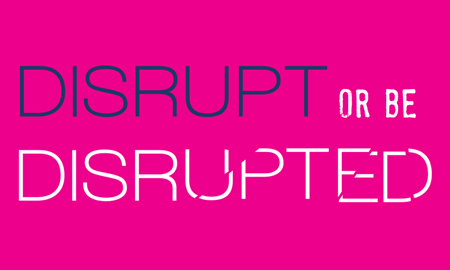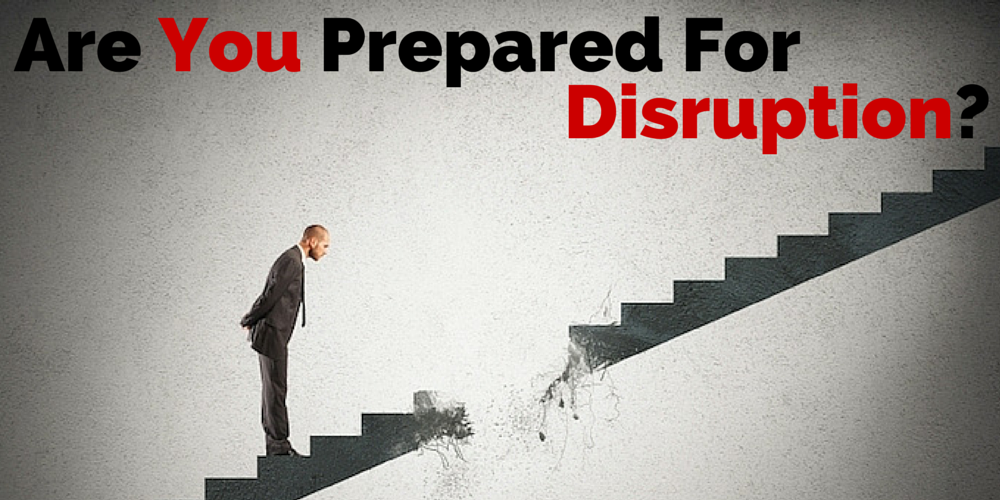Navigating the Ever-Changing Landscape
In the world of business, disruption is inevitable. Just take a moment to reflect on how Uber revolutionized transportation or how Netflix redefined entertainment consumption. These are not just isolated incidents but rather emblematic of a larger trend in which industries are constantly being reshaped by innovative technologies and business models. In the tech sector particularly, disruption isn’t feared; it’s celebrated. However, for individuals and businesses aiming to thrive in such an environment, the key is to become disruption-proof.

Understanding Disruption
Disruption isn’t just about shaking up an industry; it’s about fundamentally altering the way things are done. Uber didn’t just offer a more convenient way to hail a ride; it completely transformed the concept of transportation services. Similarly, Netflix didn’t merely provide an alternative to DVD rental stores; it pioneered the era of on-demand streaming, reshaping how we consume entertainment.
The Traits of Disruption-Proof Entities
To become disruption-proof, one must embrace certain qualities:
- Agility : Being able to adapt quickly to changing circumstances is crucial. It’s not about sticking to rigid plans but rather being responsive to shifts in the market and consumer behavior.
- Readiness to Pivot : Recognizing when a change in direction is necessary and having the courage to pivot accordingly is essential. This might involve altering strategies, entering new markets, or even reimagining the core business model.
- Resource Optimization : Being resourceful is key. It’s about maximizing the potential of existing assets, whether they are physical resources, skills, or knowledge, and finding new ways to leverage them in a disrupted landscape. Examples of Successful Pivots

In the media industry, disruption has been particularly prevalent, but so have successful pivots. Consider the following examples:
- The New York Times : In the face of declining print readership, The New York Times successfully transitioned to a digital subscription model. By focusing on quality journalism and offering unique digital experiences, they not only survived but thrived in the digital age.
- BuzzFeed : Originally known for its viral listicles and quizzes, BuzzFeed recognized the shifting media landscape and diversified into news, entertainment, and even investigative journalism. This pivot allowed them to remain relevant and expand their audience.
- Instagram : Originally launched as a location-based check-in app called Burbn, Instagram pivoted to focus solely on photo-sharing when they realized the popularity of that feature. This decision ultimately led to Instagram becoming one of the most influential social media platforms globally. Conclusion: Embracing Disruption
In a world where change is constant, becoming disruption-proof is not just a luxury; it’s a necessity. By cultivating agility, embracing change, and optimizing resources, individuals and businesses can position themselves to not only survive but thrive in the face of disruption. So, dare to try new things, be open to pivoting, and remember that in the midst of disruption lies opportunity for those willing to seize it.








